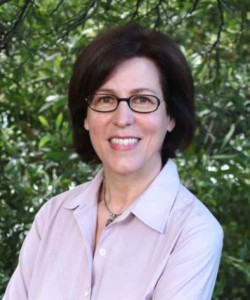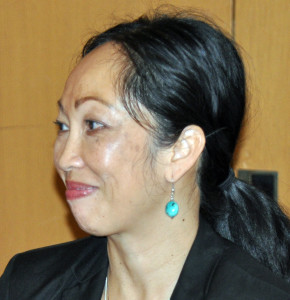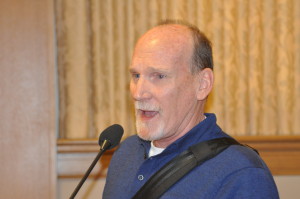Council Calls for WIB Budget Transparency
Jul 26, 2013
By Ken A. Epstein
The City Council has approved a $4.9 million Oakland Workforce Investment Board budget that will provide federal funds for job services to the unemployed for the next two years. But at the same time, the council urged the WIB to adopt a transparent budget process that creates more opportunities for public participation.
The budget was approved at the July 16 council meeting, with an amendment that calls on the WIB to discuss developing new procedures to provide public notice and create standing committees, rather than the current ad hoc committees, to consider any expenditures.
“I understand that there is an ad hoc committee where the budget gets formulated,” which means that nonprofits that provide job services “don’t have input into that discussion,” said Councilmember Larry Reid.
“We as a council wouldn’t allow that during our budget discussions.”
Defending the current practices, WIB member Mike Hannigan said, “There’s open and virtually unlimited public input. A proposal, a shell of a budget, is developed by an ad hoc committee, (and) the ad hoc committee brings that to the board.”

“Maybe there could be a different process, maybe the actual formulation of the budget could be micromanaged by a public forum,” Hannigan said.
Councilmember Desley Brooks challenged the assertion that the WIB was doing enough to guarantee opportunities for public input.
How can you say that “that it would be micromanaged by the public, when these are public dollars?” Brooks said. “The crafting of the original budget ought to be based on something other than by three members of a 42-member committee coming to their own conclusions.”
“I’m struck that we’ve been using this practice (of setting up ad hoc committees) for years,” said Brooks. The city is
“continuing to see a workforce investment board that has ongoing issues that are not addressing the serious needs of people in this community.”
“Voices of the people who work with the community are not always being heard,” she said. “There ought to be some point when people who are served by these dollars, not the membership on the board, have some input on the services they want to be provided.”

Councilmember Rebecca Kaplan said the issues raised about the WIB’s practices should come back to the council. “I want to be sure that the very serious concerns raised tonight don’t get neglected,” she said.
The WIB needs to “look at more early participation in the budget,” not just “for the public to comment when it’s written,” Kaplan said.
Gay Plair Cobb, executive director of the Oakland Private Industry Council and a longstanding WIB member, said the board’s budget process is flawed.
“(I) disagree emphatically that the WIB budget process invites much public input and debate. That is simply not the case. The only way budgets have been formulated is through ad hoc committee meetings,” she said.
“Ad hoc committee meetings are not noticed to the public and are not open to the public,” she said. Even at public WIB meetings, “there is very little opportunity for the public to have a meaningful discussion.”
“There definitely is room for improvement within the WIB and the administration of the dollars and the process,” said Council President Pat Kernighan, who sat on the WIB while more than $600,000 was returned to the state because City staff
was unable to allocate the funds to the community.
Kernighan said she also wanted to acknowledge “the enormous amount of improvement that has taken place” at the WIB.
Brooks, however, criticized Kernighan, the council member who still sits on the WIB, for not reporting back to the council.
“I am not sure how the council representative, who doesn’t bring back items to us, speaks on behalf of the council and what the council wants at a WIB meeting,” Brooks said.
The WIB will work to ensure public input, said Agnes Ubalde, WIB chair and vice president for community development for Wells Fargo Bank, East Bay area,

“We aim as a WIB Board, and I will continue to aim as chair, for transparency, inclusion of input from the public so we are effectively equipped to recommend sound public policy to the mayor and City Council around workforce development issues in the City of Oakland,” Ubalde told the Post.
Larry Reid said the Community and Economic Development committee will hold a hearing in the fall on WIB-related issues that have come up in the last few months.